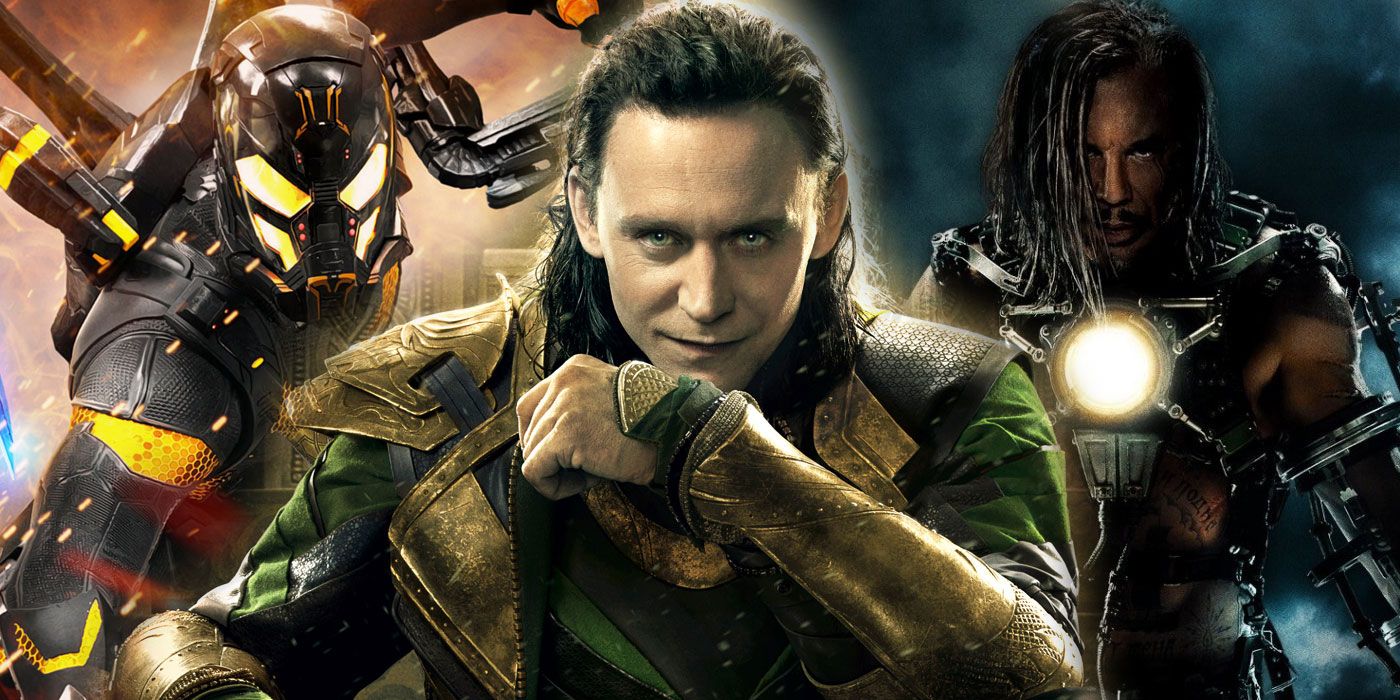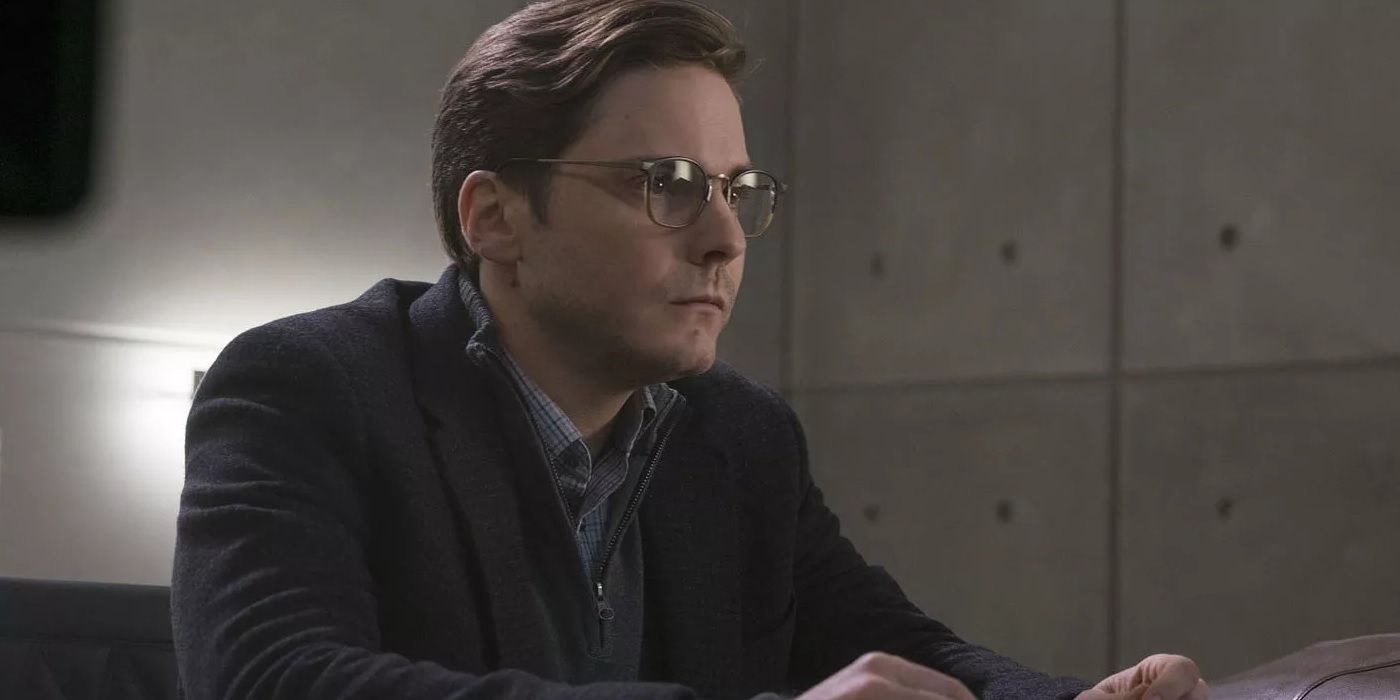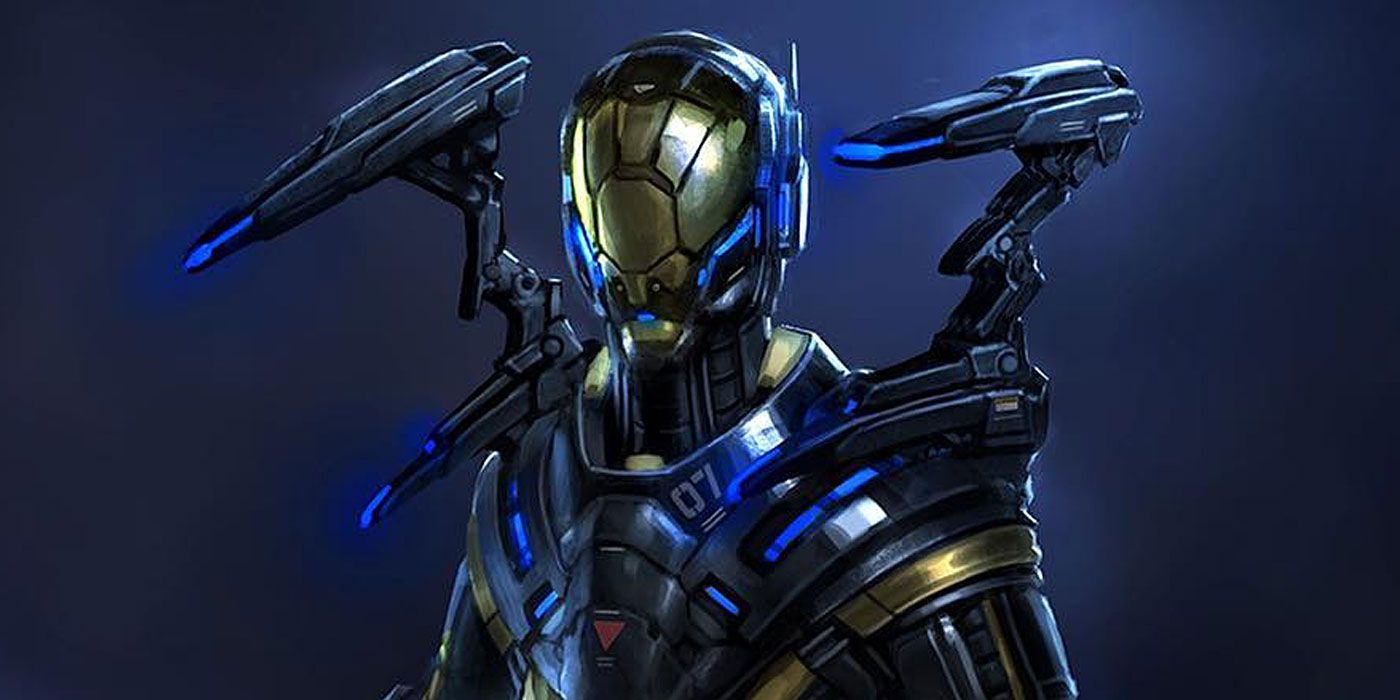Since "Iron Man" dropped in 2008, the Marvel Cinematic Universe has taken Hollywood by storm, raking in billions while drawing big names like Robert Downey, Jr., Scarlett Johannson, Chris Evans, Chris Pratt and more to the shared universe. Thanks to a sprawling storyline, action sequences and well-placed humor, Marvel has experienced unprecedented success with its connected universe of heroes.
However, a sharp criticism of these films has plagued virtually all of them from the start; the villains, with the exception of Loki, who is always viewed as the gold standard, are viewed as boring, bland and generic obstacles simply meant for the hero to sweep aside.
RELATED: Kevin Feige Makes it Official: Avengers Will Meet The Guardians in Infinity War
Marvel Studios President Kevin Feige recently addressed such criticisms, fully acknowledging their villain problems and even being quite aware of them. “It always starts with what serves the story the most and what serves the hero the most,” Feige said. “A big criticism of ours is that we focus on the heroes more than the villains. I think that’s probably true.” While "Guardians Of the Galaxy: Vol.2" will fit that same mold, Feige assures fans "Infinity War" will break it once Thanos becomes the primary threat.
These are some rather interesting thoughts and bold words, freely admitting Marvel's villains have been given less emphasis in favor of the heroes. But while viewers have been clamoring for a new, Loki-caliber villain, we have to ask: are Marvel's film villains really that bad?
Taking Feige's statement into account, it has to be said that Marvel's portrayal of villains has, for the large part, done its job. While Loki has been hailed as the example of how a Marvel film villain should be presented, that's not saying the others have been complete flops. In fact, there are good interpretations for these villains under the surface, even if they may not have been properly or clearly conveyed or demonstrated in the film.
RELATED: Marvel's Youth Movement is Key to Its Live-Action Growth
Take Whiplash from "Iron Man 2" as an example. While he isn't the most popular villain in Tony Stark's rogues gallery, he served as an effective plot device and, more importantly, a symbolic representation of what Tony's father Howard Stark did. As a result, Tony is forced to deal with what his legacy as a Stark means, and the kinds of demons it breeds and leaves behind. He must do this amidst deteriorating health as a result of his arc reactor, placing enormous strain on his mental and physical health and adding a human vulnerability to the seemingly invincible (Iron) man. While "IM2" is often criticized as one of the weaker MCU movies, it isn't without its positives, and people often give Whiplash too much, well, backlash.
In "Captain America: Civil War," Zemo took on a much different role than him comic book counterpart. Knowing that he has no hope of tearing apart the Avengers by force, Zemo instead does the next best thing and turns them against each other, a far easier task given the seeds of discord that had already been sown between Tony and Captain America. Through Bucky Barnes, who Zemo craftily revealed as the murderer of Stark's parents (albeit under control of Soviet mind control protocols), and the disagreement over the Sokovia Accords, Zemo succeeded in effectively splintering the Avengers by the film's end, something neither Loki or Ultron managed to pull off.
The latest villain, "Doctor Strange's" Kaecilius, is an interesting case. Another victim of mixed reviews Kaecilius served as a plot device to introduce the larger mystical forces like Dormmamu in the Doctor Strange mythos. He offered a different view that made Strange question the realities of the Arts he was practicing, offering views that weren't inherently wrong. In the screen time he had, and through the information that was given about him, it was easy to see a good villain lurking just beneath the surface; the story of how a man of such promise and strength lost himself in the Mystic Arts is certainly a rich and intriguing one. Ultimately, however, though Kaecilius acts as a foil of sorts to the prideful, more rigid Strange, his lack of development reduced him to a means to an end to introduce the larger scale of Strange's mystical universe.
That said, there are certainly some bad guys who are, frankly, boring to their core. Malekith ("Thor: The Dark World") is as bland and generic a villain you could find in the MCU, and thus the leader of the Dark Elves proved rather uninspiring in his quest for the Aether. Lack of screen time was a huge contributor for his lack of development, and the times he was onscreen resulted in yawn-inducing fantasy Dark Elf villainy. At this point, unless you're Loki, it's an uphill battle to play a villain in a "Thor" film, leading fans to be more excited about the Planet Hulk aspect of "Ragnarok" than they are about Hela's debut.
Darren Cross, aka Yellow Jacket, from "Ant-Man" is a straight-up carbon copy of Obidiah Stane's Iron Monger from the first "Iron Man" film. There's no delving into what makes him tick, nor his mindset. All viewers learn is that he's clearly an evil guy who is after the Pym Particles, thus forcing Paul Rudd to reluctantly become the Ant Man. Out of all Marvel movies, it's perhaps the most cut, dry and boring character development given to any of the MCU's villains.
Ultimately, Marvel films have used their villains more as catalysts to make the heroes better; thus their value is often a lot more subtle, even buried. If they were introduced on television, where they would be given more time to grow and be explored by the writers, they could prove be more nuanced. However, Marvel has taken the tact of utilizing the time and development available on film to further build its headlining heroes.
As we head deeper into Phase Three, the MCU is still going strong, with "Guardians of the Galaxy: Vol.2," "Spider-Man: Homecoming" and "Thor: Ragnarok" all debuting this season and "Black Panther" slated for February 2018. While Feige stated that Marvel's villain formula will change come "Infinity War," viewers will still be keeping an eye on these villainous performances as well as we build to Thanos' big moment.



